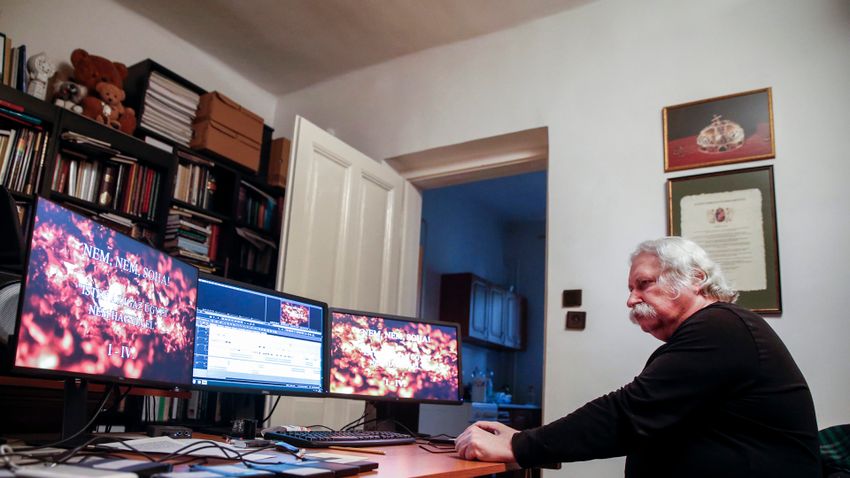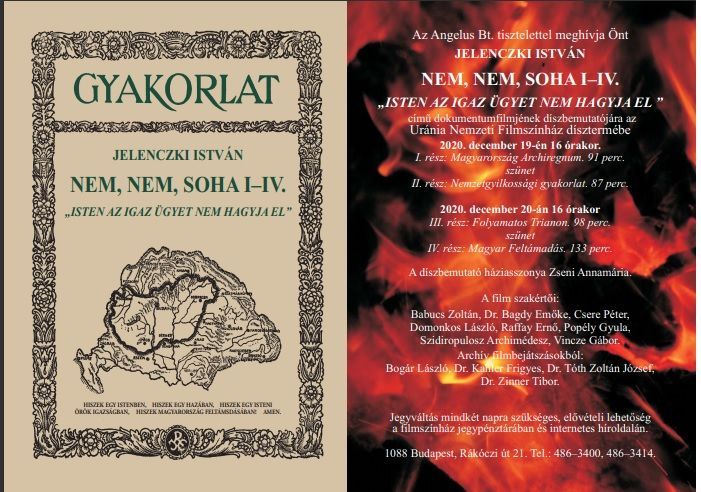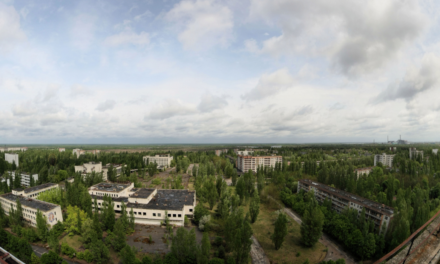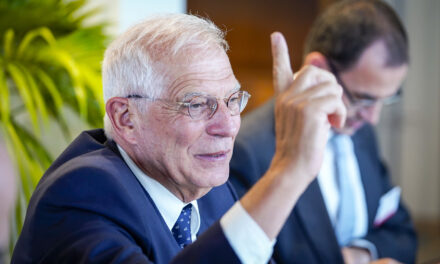Although the quote in the title comes from Mihály Károlyi, the Red Count, whose soul is haunted by the dismemberment of historical Hungary and the death of the nation at Trianon - and who, seeing the consequences of his own betrayal, sighed in Szatmárnémeti: no, never, this slogan still took root in the souls of Hungarians. This is also the motto of the four-part film giant produced by István Jelenczki and shown again at the Uránia National Film Theater this weekend.
The "No, no, never - God does not abandon the true cause" can be seen in two parts, on June 11 and 12.
István Jelenczki, the Hungarian Heritage Award-winning and MMA Grand Prize-winning filmmaker and regular member of the Hungarian Academy of Arts, made his documentary for the centenary of the signing of the peace decree, the premiere of which could only take place online due to the pandemic. This weekend, however, anyone can see it again. On June 11, from 5:30 p.m., the first two parts of the four-part work – Archiregnum of Hungary and Practice of Genocide; and on June 12, from 5:30 p.m., the third part entitled Continuous Trianon and the fourth part entitled The Hungarian Resurrection will be shown.

István Jelenszky/Source: Magyar Nemzet
The film was made on its own over five years and fits organically into the series of the director's previous works. The Truth is never too late, the War against the Nation, the Christ of the Peoples, Hungary, the Heavenly Living Truth or Self-Spatial Image - but we could go on - raise a voice against the injustices committed against the Hungarian nation, the denial of the national past, at the same time, it reveals in minute detail the circumstances, causes and consequences, as well as the possibilities of justice. This is no different in the case of the Trianon film.
István Jelenczki uses the sentence "God does not abandon the righteous cause" as a subtitle, II. He chose the idea of Prince Ferenc Rákóczi.
As he says, the Hungarian nation has been tried to be destroyed several times in the course of history; and this endeavor reached its peak with the Trianon national mutilation, which, he believes, was not even an attempt at national murder, but the practice itself. According to the director, this is still going on in the background to this day. He often mentions the behavior of the Hungarians "just because and yet", which has kept our people in the Carpathian Basin to this day despite all the trials.
However, "the process of our survival would be more spectacular if as many people as possible would wake up to the fact that the country is not held by the parties - whose representatives are the servants of the nation - but by its citizens", draws the attention of the creator, who believes that Trianon must first be overthrown by everyone on their own .
The annexed territories were not taken from me, because there is no heavenly or earthly power that can take away from me what is mine. This gives, can give the current Hungarian government and the great powers a chance to make amends for the crime they committed against us. In historical times, this is the only way we can take back what has always been ours and will be, says István Jelenczki.
The film features renowned experts such as historian Ernő Raffay, psychologist Emőke Bagdy, military historian Zoltán Babucs, lawyer Péter Csere, writer and journalist László Domonkos, Hungarian historian Gyula Popély, doctor of the Hungarian Academy of Sciences, historian and sociologist Archimédesz Szidiropulosz, historian Gábor Vincze , economist László Bogár, lawyer Frigyes Kahler, legal historian, constitutional lawyer József Zoltán Tóth, and legal historian Tibor Zinner.
Source: magyarnemzet.hu
Featured image: István Jelenszky













